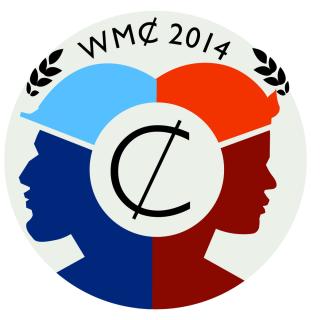
Ellie Shermer on Local Elites Creating a “Good Business Climate”
Ellie Shermer discusses her book Sunbelt Capitalism: Phoenix and the Transformation of American Politics. On this episode, we speak to Ellie Shermer about how local elites in Phoenix crafted a "business climate" that made Pheonix hospitable to industry and shaped both the modern sunbelt and contemporary politics.
5 Dec 201433min

Andrew Needham on electricity and the Southwest
Andrew Needham discusses his new book, Power Lines: Phoenix and the Making of the Modern Southwest. Power Lines shows that we can't think of the modern southwest without the energy that makes such places possible. Through this, he knits together a metropolitan geography that connects Phoenix with the places where it got its electricity--most prominently, coal from the Navajo Nation.
3 Nov 201435min

N.D.B. Connolly on Race and Real Estate in Miami
N.D.B. Connolly discusses how examining the ownership of real estate in Miami changes our perspective on the history of capitalism and African American history in the twentieth century. Ever wondered how real estate factors into American history? Curious about the impact of landlord-tenant struggles on the history of race in America? Listen to find out.
3 Sep 20141h 4min

David Huyssen on Progressive Era Cross-Class Encounters
David Huyssen discusses how examining encounters between the wealthy and the working class in Progressive Era New York City challenges our perception of the period's reform. Ever wondered what to make of the now-common argument that we're living in a "new Gilded Age," characterized by tremendous gaps between rich and poor? Curious how the Progressive Era might be a cautionary tale for the present? Listen to find out.
1 Aug 201431min

Sarah Nicolazzo on 18th Century Vagrancy
Sarah Nicolazzo discusses how studying literature can shed light on the history of capitalism – and how the 18th century cultural and legal category of vagrancy shaped the development of labor markets. Ever wondered about the longer history of police programs to push certain people out of public space - like L.A.'s Safer Cities Initiative or New York City's stop and frisk policy? Curious how literature can shed light on the history of capitalism? Want to know what Adam Smith has to do with the concept of vagrancy? Listen to find out.
2 Juli 201454min

Julia Ott on the History of Widespread Stock Ownership
Julia Ott discusses how the majority of Americans came to be stock owners. Ever wondered how stockowners came to be some of the most important players in American capitalism? Why do so many Americans own stocks and bonds, and how did we all come to be investors? Who benefits and who loses in our system of investment? How does our system of "investor democracy" shape American lives? Listen to find out.
2 Juni 201454min

Louis Hyman on the History of Consumer Credit
Louis Hyman of Cornell University discusses the changing shape of consumer credit since World War II. Ever wondered how the credit card came to be? Who benefits and who loses in our system of consumer credit? Or how debt shapes American lives? Listen to find out.
1 Maj 201443min





















